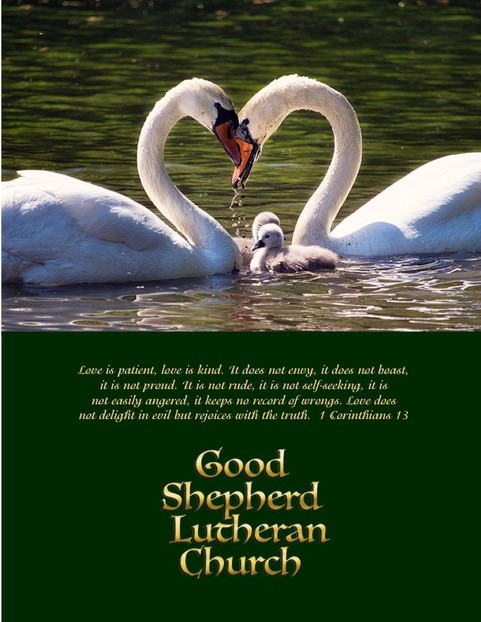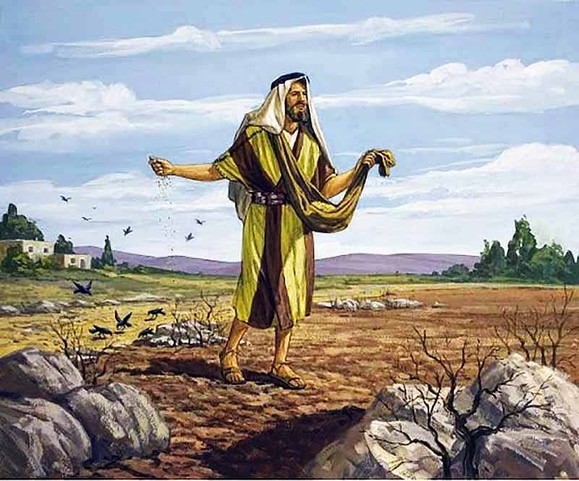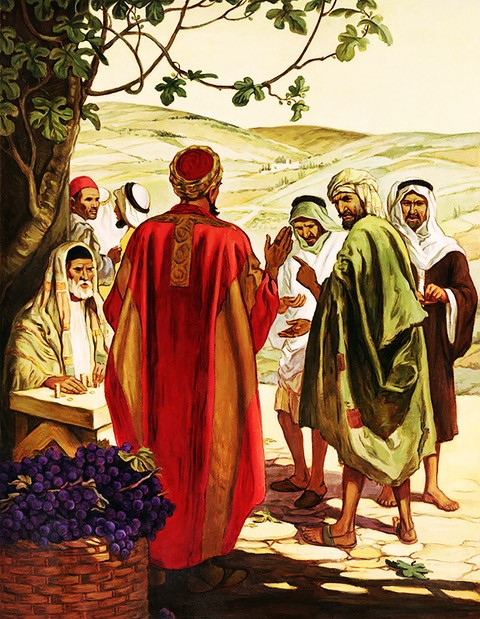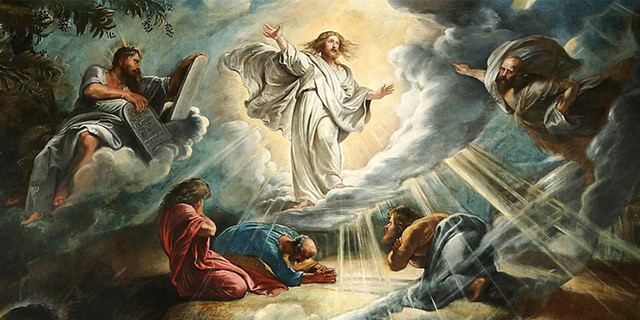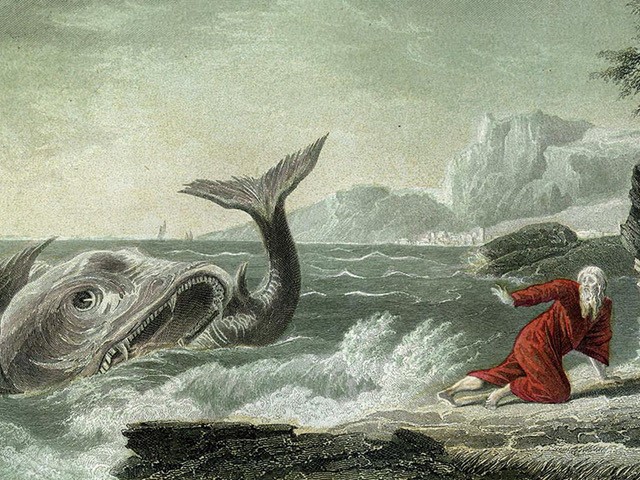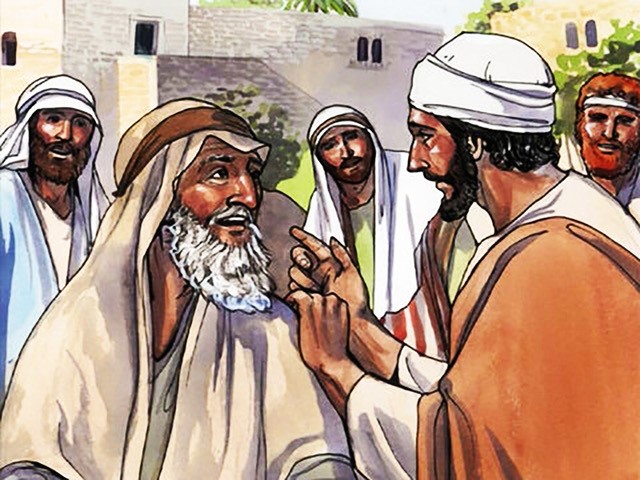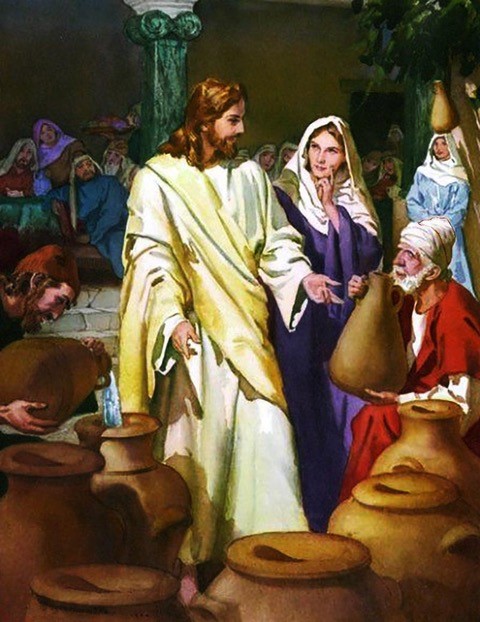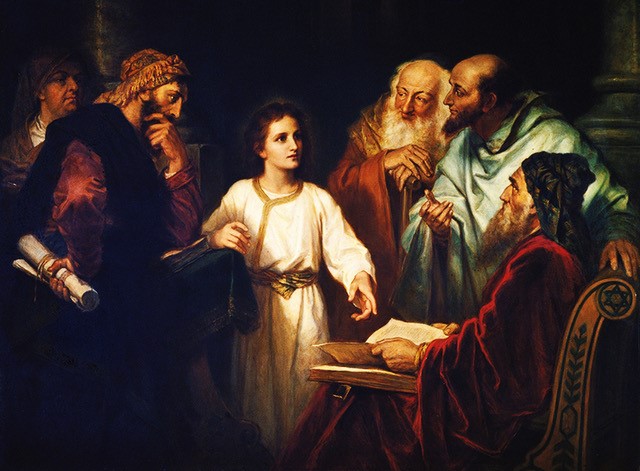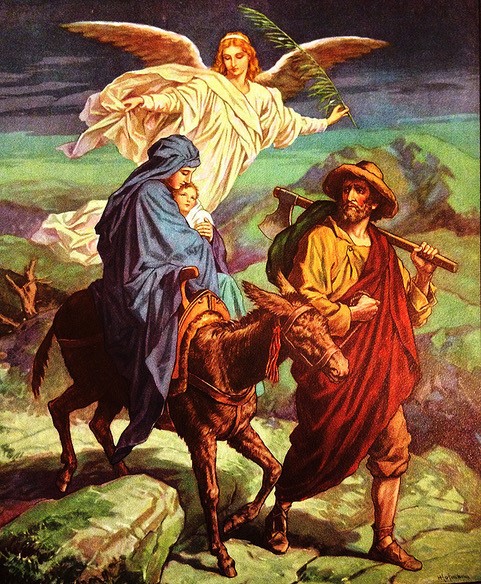Ash Wednesday March 2, 2022
When I give, I wonder if anyone will notice? Will it all count off on my tax return? Will I have enough to live on after I give what God asks of me? Perhaps it will help if I accompany my gifts with a little trumpet fanfare flourish…
Now you know that’s not going to fly, right? Yet those and other similar selfish thoughts are still what runs through our heads whenever we think of our giving.
Could you be so popular as a giver that you could stand next to Oprah and the Queen, letting the crowds clamor before you as you spread the gifts of your generosity all around to those less fortunate?
You could be all the rage on Facebook, Twitter, TikTok and all of those places too, because you scratch where the people of our day and age itch. You could meet their needs and they’ll be putty in your hands.
How about if you became a Super Pray-er, an Über- Faster. Your prayers are right out there in public, and you bow down on one knee for all to see! You are so intense in giving up luxuries for Lent—we’re not talking about a cover-up for a diet. You could move beyond the typical lack of chocolate, soft drinks, saturated fats. People will really take notice if you do something extreme like camp out on a roof for forty days, attract attention from the news, win the sympathy and acclamation of thousands, maybe even millions!
And it just might work, too. Until Jesus comes along and says, Watch out! Like a shot across your bow. Something like that from Jesus could really put a damper on all those “acts of righteousness” that your human nature’s imagination is going wild on, those ways you’re trying to store up for yourself treasures on earth and the praises of earthly men.
That’s Jesus! He’s the real spoil-sport when it comes to things like that. Just as it’s getting to the point where you and he can be really good buddies, He goes ahead and shakes you up with another warning, Watch out!
You still need the warning. No one knows it better than He does. You are constantly enticed by evil forces, not only to sin, but also to do good works! Can you believe that? Evil is making you do good—if only you manage to do the good thing for the wrong reason.
And what is the wrong reason? To glorify yourself, to be seen by others. To replace the Lord your God and center all glory on the person you look at in the mirror every day.
Even good, loving and helpful deeds can lead to a destruction of faith, whenever it becomes all about putting on a show; to gain recognition by all that you can accomplish. A life of acclamation, benefits, perquisites, popularity, maybe even a little notoriety to make people notice.
Yet do you know what sort of life that really is? Do I dare to say… it’s bondage. Slavery! You will get caught always having to justify what you do as going the extra mile, of filling one more mouth than you counted on, of outdoing the last generous act because the finicky crowds are not as impressed as they once were. The insatiable Law will not let you off because you meant well. It will always demand more.
Watch out, Jesus warns. Rightly so—because He says, others may give you lots of recognition, shower you with affection, laud your generosity, your prayer life and intensity of fasting, but the only one who matters, your Father in heaven, He is not going to regard your piety the same way.
You should pay attention to what Jesus says to you, because He is the one who made His Father to be your Father. He brought you to Him by grace through His death and resurrection. He set you free from that slavery of needing to be recognized, of justifying yourself. He says,
When you give to the needy, don’t put on a show. Don’t let your right hand know what your left hand is doing! Let your giving be done in secret!
It’s not about you. It’s about your needy neighbors. They need your love and your help, and your Father, the only one who needs to know. Trust me, He’ll know, Jesus says so.
Do you suppose that He will criticize your prayer life? You bet He would! Listen to Jesus:
And when you pray, do not try to be seen by others. It’s not about you, remember? Pray instead for those who need help. Pray for the world, your family, nation, your church, those who are sick, poor, dying, the persecuted. Stop the “look at me” public spectacles and theater performances. And don’t try to pass it off as effective witnessing or super-evangelism work.
Jesus has the nerve to say, Go pray without anybody else knowing. Go to your room, shut the door and talk to your Father who is in secret.
And your fasting? What are you going to gain when you give up something for Lent and then sound your trumpets about it? Jesus cannot stand it if you screw up your face and look so disfigured that you tease out the sympathies of a fawning and adoring public. In your dreams!
Stop the phony act! Wash your face… Go ahead and fast, but make it only for yourself. Nobody needs to know. Only your Father, and He already knows that whatever you choose for fasting or giving up for Lent is designed to remove any distraction from prayer and study of God’s Word. That’s its only function.
Jesus warns you about these things because a true disciple of His lives life differently. You realize that He is your one and only treasure in heaven. When it comes to other people, you don’t work to earn their love, adoration and recognition, you must die to that phony, self-centered life. Don’t work to set yourself as a greater saint than they are. You need to repent of always making excuses for your attraction to yourself.
It’s called a “curved in on yourself” life. It will end up not impressing others. It will lead to utter despair. The curved in on yourself life will not fulfill you, it will fail you. Earthly fame is fickle. One day’s praise, is the next day’s scathing criticism. The spiritual paparazzi will make you, and they’ll break you.
You are disciples for whom Jesus died to redeem you. As for others, you are to love and serve them, just as He loved and served you. So when (He still says when!) you give, pray and fast, keep in mind that He is using you to help your neighbors, not to bring added benefits to you. Faith in Christ is your true treasure in heaven.
This is what is God-pleasing. The Father of Jesus Himself, who in love also became your heavenly Father since before the dawn of time, will see what you do in secret and reward you.
But not a salvation reward, of course not! That gift is already yours and no one can take it away, nor is it possible to add to that any more.
Your “it-is-finished” Jesus suffered and died for you. He buried you into His all-atoning death through your Baptism. It’s called a “reward” not because you’ve earned it but simply because the Father is such a giving Father! Whatever He gives as though it is a reward is His business. We’ll do well to leave that up to the Lord and His generosity.
Now, it’s about time to get ready for more of God’s generosity. This time it is in the form of Christ’s Body and Blood, given and shed for you for the forgiveness of sins. It’s the perfect answer to the problem posed at the beginning of our Ash Wednesday service. This precious Good Friday gift is salvation in the flesh to strengthen your faith in Him and to increase your love for others in giving, praying, fasting, or whatsoever else your hand finds to do for them.
Your ashen crosses tonight are symbols of sin and penitence intended for you alone. Remember that you are dust and to dust you shall return. No one else needs to know that, especially since they too need to be told that for themselves.
Yet the ashes are in the form of a cross, not to create some new Sacrament or superstition, but to drive home the point to your very heart that this Lent is not only a focus on yourself and your sin, but an even sharper focus on the cross of Jesus Christ your Savior. Because of that cross you are forgiven, your curse of ash-ridden death seeping down deep into your body is fully released, and the Father of Jesus is also your Father. You belong to Him. Forever.
sdg
Pr. Stirdivant
